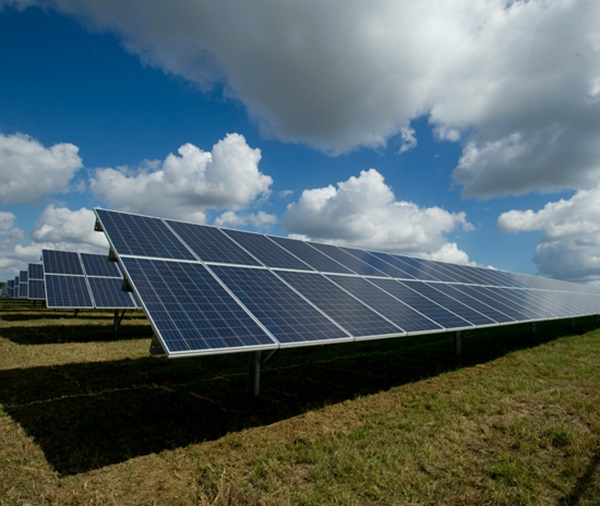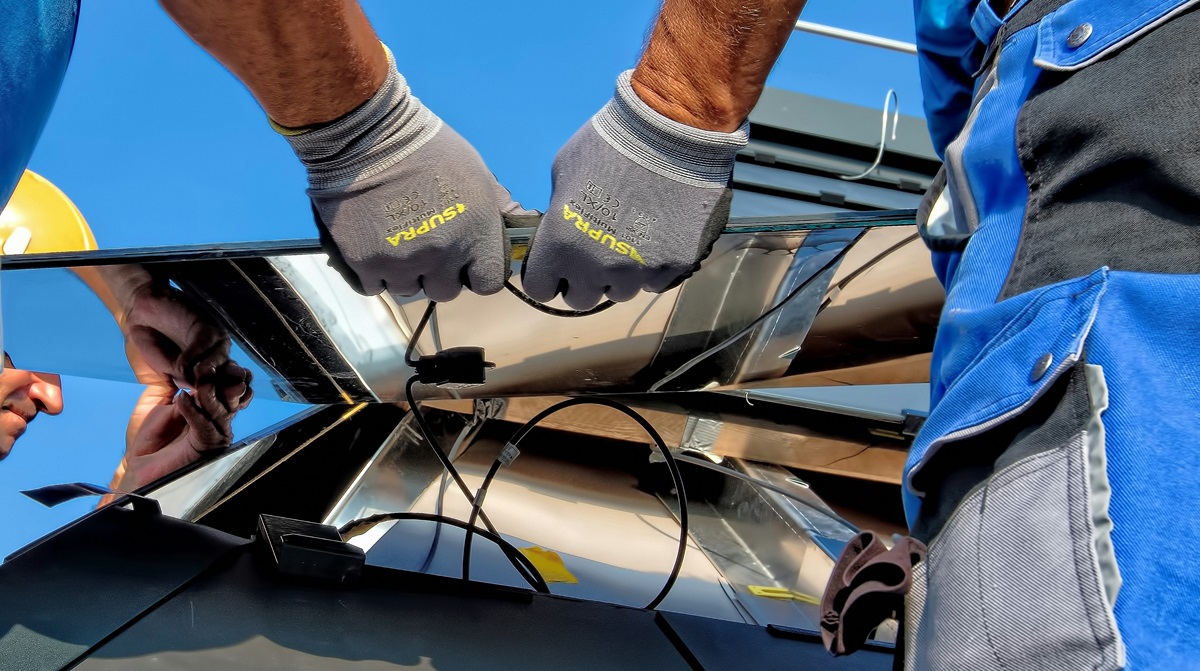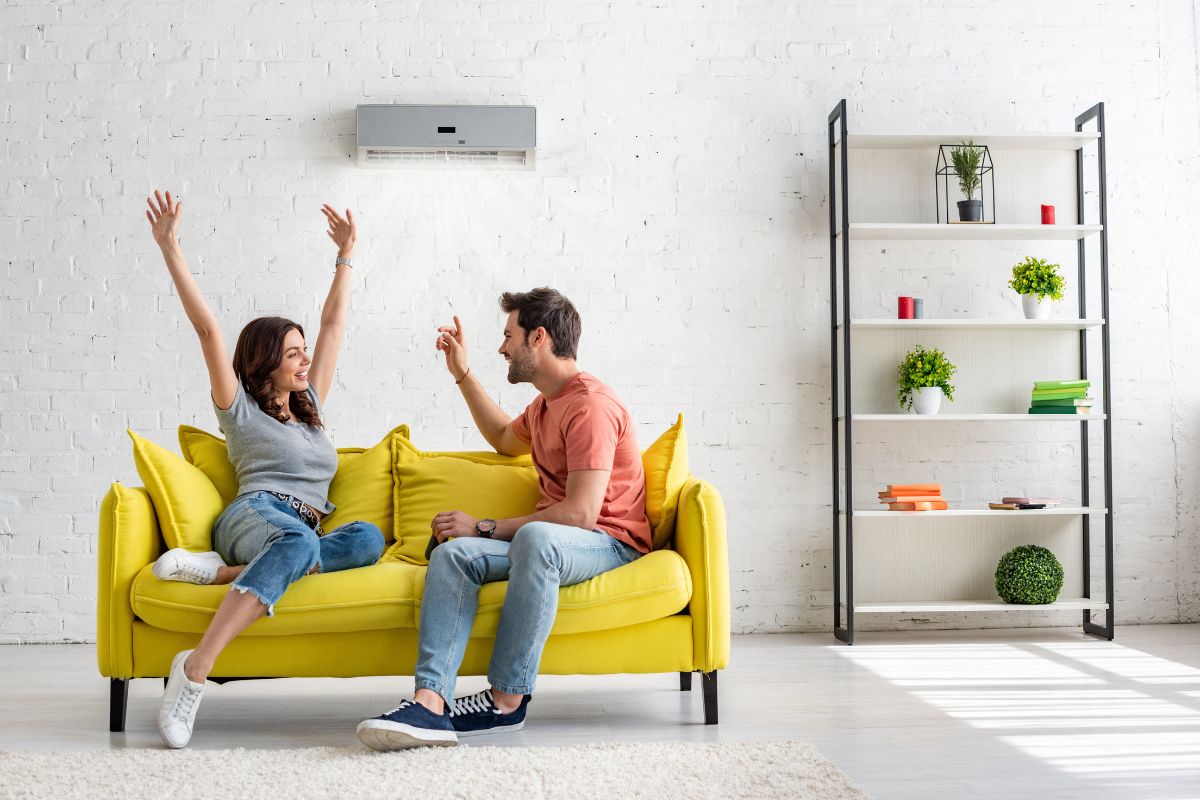The Value of Choosing Mid to Top-Tier Solar Panels and Inverters
Are you looking to buy solar? You might find that choosing the right solar panels and inverter (with or without a battery) will be quite a challenge. On top of that, there are many solar installers, many of which will recommend different brands and different types.
With the possibility of solar rebates the industry has a full range of operators from shonky to expert. Home energy is a big subject that can affect your hip pocket and family finances. So, you have to be very careful. Where do you start? With a solar array with a string of solar panels? What does that even mean? Do you need an off-grid system? Do you choose micro-inverters? Every decision in the chain affects the outcome. Let’s take a look.
1. Choose the Best Solar Panels and Solar Inverter for Your Home
When it comes to investing in a solar power system (or solar pv) for your home, the choices you make regarding solar panels and inverters can significantly impact your long-term savings, energy efficiency, and overall system reliability. If you ask me, I will tell you to opt for mid to top-tier products. Why? Because it is essential to make sure your investment pays off over time. Even with the incentive of rebates and STCs etc., your investment can still be significant. A cheap system may work for a while, but problems will likely crop up over the long term.
Bottom line: You want to choose the best solar inverter and panels for your needs. And if you plan to add a battery now, or in the future, then you will need not just an inverter, but a hybrid inverter or battery inverter.
2. Understanding Solar Panel Options
The choice of panels is vast as is the choice of solar panel brand. When a solar installer gives you a quote you’ll be offered the choice of one or several brands. How on earth do you compare them? How do you work out if they have the quality that will stand the test of time? Let’s start at the beginning with the different types of panel… the different technology involved in each type makes a point of difference and you need to look at those before you even consider solar panel cost or even solar installation.
Types of Solar Panels in Australia:
We’ll look at 3 types.

Monocrystalline Panels:
-
- Efficiency: These panels are known for their high efficiency. They are ideal for homes with limited roof space.
- Appearance: They have a sleek black finish which is often preferred for aesthetic reasons. I think they look sharp.
Polycrystalline Panels:
-
- Cost-Effective: While these panels are slightly less efficient, they are a good balance between performance and price.
- Performance: Best suited for installations where space is not a constraint and full sunlight is available.
Thin-Film Panels:
-
- Flexibility: Lightweight and flexible, suitable for unconventional surfaces or spaces.
- Lower Efficiency: These are less efficient than crystalline panels and are less common in residential installations.
Efficiency and Power Output:
- High-efficiency panels (19-22%) are recommended for maximizing power generation, especially on smaller roofs. New panels are being developed that have efficiencies now approaching 30%.
- Temperature Coefficient: In hotter climates like Australia, panels with a low temperature coefficient maintain better performance as temperatures rise.
Durability and Warranty Considerations:
- Build Quality: High-quality panels are tested to withstand extreme weather conditions, to ensure longevity.
- Warranty: Look for a performance warranty of at least 25 years. You want the manufacturer to have guarantees of consistent energy production over time. While there will be a degradation over time, the company issues warranties to guarantee a maximum degradation. If that figure falls below the warranty level set, then that’s when claims are made.
Solar Panels for Your Home
If you come across incredibly cheap solar panels online, it’s wise to think twice before jumping on the deal and hoping you can find an electrician to install them. Here’s why: those panels are likely so affordable because they don’t qualify for the solar rebate, instantly adding $2,000 to $4,000 to your system’s cost.
On top of that, most reputable installers won’t work with these discount panels. There’s also the risk of damage during shipping – if panels aren’t properly protected, they can develop microcracks, reducing their performance and lifespan. And while you may see a 25+ year warranty, it’s usually with the online seller, not the installer.
It’s much safer to buy from a company that will handle both the supply and installation, ensuring they take full responsibility for the rebate, warranties, and overall quality of the system.
3. Selecting the Best Inverter for Your System
It’s a common misconception that a solar system can provide power to the house when there is a blackout. Although it is possible technologically to do that with a solar panel system, this is uncommon in domestic situation. A battery is needed to provide smooth power delivery during a power outage. If you want to install a system that will allow you to power your house in an outage, even if you have to add a battery later, know that you will need a hybrid inverter to allow that to happen.
WIth that said, there are many types of inverters, and many inverter brands! Let’s explore the types.
Three Types of Solar Inverters:
- String Inverters: Ideal for installations where all panels face the same direction with minimal shading.
- Microinverters: These optimize the performance of each panel individually, making them perfect for roofs with shading or panels facing different directions.
- Hybrid Inverters: Future-proof your system by choosing a hybrid inverter that can easily integrate with solar battery storage.
Sizing and Efficiency:
- Ensure the inverter is correctly sized to match the solar panel array. An undersized or oversized inverter can lead to inefficiencies and reduced performance. I recommend you get expert advice. Just call SWIFT SOLAR and Electrical and we will be straight with you and give you the right advice.
- Efficiency Ratings: High-efficiency inverters (above 96%) reduce energy loss during the conversion process from DC to AC power.
Advanced Features:
- Monitoring Capabilities: Inverters with built-in monitoring allow you to track your system’s energy production and consumption in real time, helping you optimize performance.
Durability, Compliance, and Safety:
- Comprehensive Warranties: Choose the right inverters… with at least a 10-year warranty to protect against potential defects and malfunctions.
- Brand Reputation: Inverters from reputable brands ensure you have access to reliable customer support and service.
A Note About the Best Brands
I am including 2 lists below. The represented brands are well-known in Australia for producing reliable solar panels and inverters. However, it’s important to note that even within these reputable brands, there are variations in quality across different models. Some products might be top-tier, while others are more budget-friendly but less efficient. Be sure to research the specific model being recommended to you, as sellers may price items based on brand reputation rather than actual performance. Don’t assume that just because it’s a well-known brand, it’s the best choice for your home’s needs.

Best Solar Panel Brands in Australia
- LG Solar
- SunPower
- REC
- Q Cells
- Jinko Solar
- Trina Solar
Best Inverter Brands in Australia
- Fronius
- SMA
- SolarEdge
- Huawei
- GoodWe
- Enphase
4. Cost vs. Value: Investing in Quality
It’s worth remembering that there are finance options for energy systems even at 0%, and home improvement loans.
Long-Term Savings vs. Upfront Costs:
- While premium panels and inverters may come with a higher upfront cost, they offer better long-term savings through increased efficiency, reliability, and lower maintenance costs.
- In other words, sometimes it’s true that you do get what you pay for!
Brand Reputation and Support:
- Investing in well-known, reputable brands can provide peace of mind through robust warranties, customer support, and higher resale value of your property. You do want a company that will be there for the long-haul.
5. Making the Final Decision
Matching Inverter and Panel Sizes:
- Ensure your inverter’s capacity aligns with your solar panel array for optimal energy conversion and efficiency. When we consult, we’ll go through this with you. It’s also worth knowing that nobody ever complains they installed a system that was too large.
Ensuring Compatibility for Optimal Performance:
- Verify that your chosen inverter is compatible with the selected solar panels. You want to ensure seamless integration and maximum energy yield.
Future-Proofing with Hybrid Inverters:
- Consider hybrid inverters if you plan to integrate battery storage in the future. This will provide you with the flexibility you need to expand the capabilities of your solar system… and extend the benefits.
6. Buy the Best Solar Panels & Best Solar Inverter You Can Afford
Investing in mid to top-tier solar panels and inverters is a wise decision that pays off through enhanced performance, durability, and long-term savings. By understanding the different options available and selecting the best products for your home, you can maximize the efficiency and reliability of your solar energy system. Remember, a solar energy system is not just a purchase—it’s a long-term investment in your home’s energy efficiency and environmental impact.



